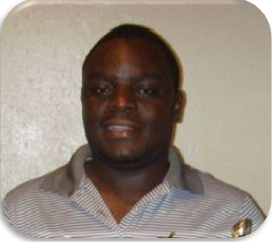 Published: 28 May 2012
Published: 28 May 2012
Location: Malawi
A journalist with one of Malawi’s major publishing houses, Blantyre Newspapers Limited (BNL), is languishing in police custody for writing a story on an alleged engagement ceremony involving two women.

Reports indicate that the journalist, Clement Chinoko, was arrested on the evening of Saturday 26 May 2012 for penning a story that appeared in The Sunday Times of 20 May 2012. The story stated that two women from Malawi’s southern city of Blantyre had engaged.
Police spokesperson for the southern region, Nicholas Gondwa confirmed the arrest saying Chinoko has been charged with “conduct likely to cause breach of peace” and that he would be taken to court soon. However, by 5PM (GMT+2) Monday 28 May 2012, Chinoko had not been released on bail or taken to court.
“The article and the names of the women in the story are false. The women were hired to shoot a film but ended up seeing their pictures in a newspaper article as having had same-sex engagement,” Gondwa said.
The Malawi Chapter of the Media Institute of Southern Africa (MISA-Malawi) has since called on the police to release Chinoko immediately. MISA-Malawi chairperson Anthony Kasunda indicated that the matter needs to be investigated thoroughly before subjecting Chinoko to unnecessary physical and mental torture.
“We are mindful of the fact that the police are doing their job and that journalists can also commit crimes. But that said, Chinoko has been in custody for more than 48 hours without trial. This is uncalled for and unconstitutional. The police ought to have concluded their investigations before arresting the reporter.
“We also have well set structures to deal with professional misconduct. If Chinoko had anything to do with the ‘alleged engagement and misinformation’ as suggested by the police then the Media Council of Malawi and other relevant bodies like MISA are well-placed and mandated to handle the matter. Journalists should not be arrested for merely doing their job. The police should investigate this matter thoroughly,” said Kasunda.
Courtesy of MISA/IFEX